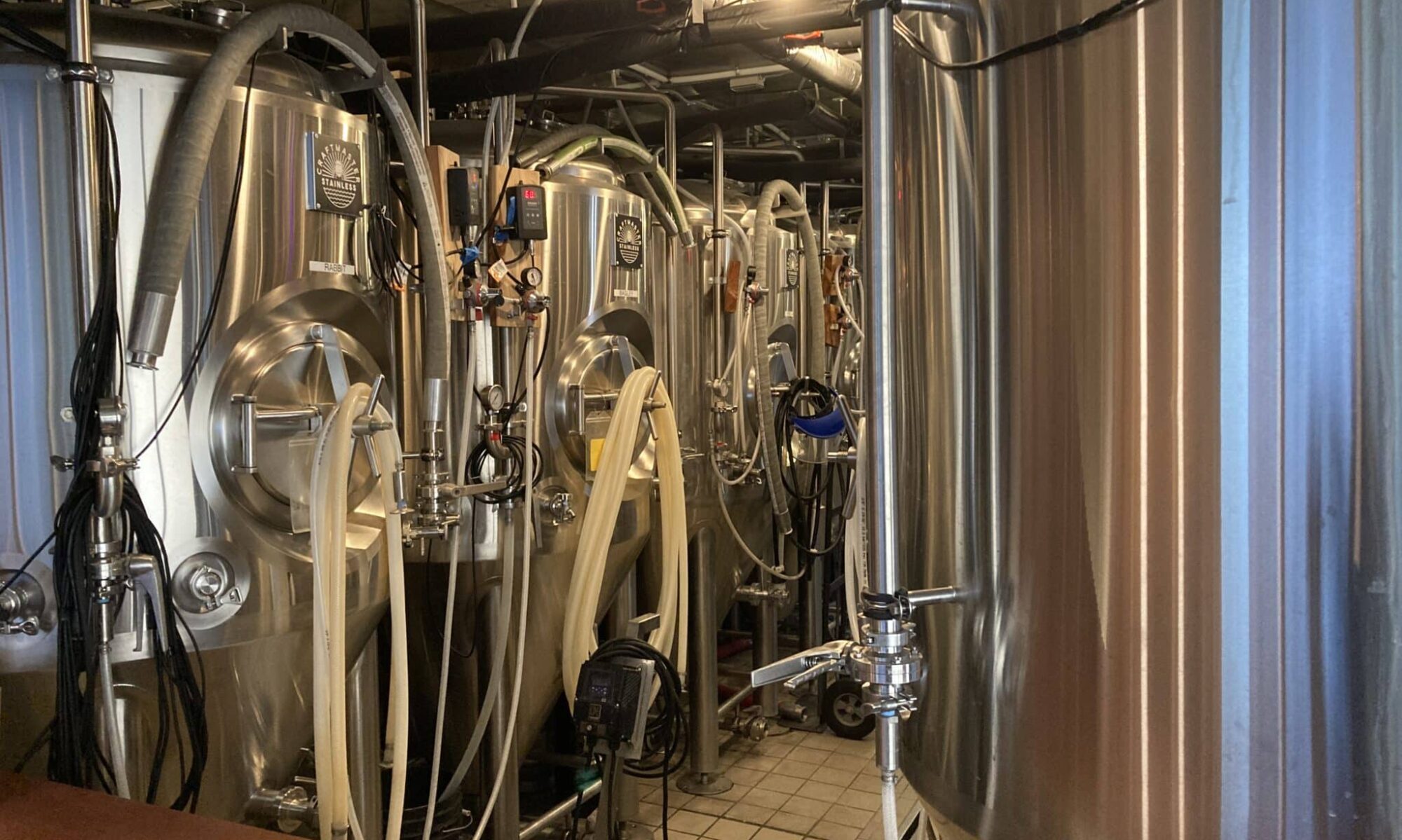#2 in a semi-regular series, this month, and maybe further, I am going to attempt to think outside the box a bit. Where does craft beer and the world intersect and how can they build together. I want to put some fun, maybe totally un-workable ideas out there. The U.S. has gotten so stuck but maybe one idea can spark another and then we can find one that does make life truly greater.
Distribution of beer was born out of the traumatic ashes of prohibition and worked fine if all you wanted was one type of beer from three companies. But now, there are rules in every one of the fifty states, rules on the Federal level and laws set that simply do not work for the current landscape of beer.
The main problems, as I see them, are:
- SABInBev has too much clout and power – they basically have a firm grip on nationwide delivery and probably would open (or buy) Bud taprooms if they were allowed to obliterate the 3-Tier System.
- Distributors have too much leverage over breweries – there are too many laws that restrict brewery movement or profit.
- Can Sales – those few breweries that can sell out from their dock is stressing bars and bottle shops.
I think that the new model for distribution is repeal & replace. Send the 3-Tier System to Puppy Lake and remember the good times and replace it with…..
(1)Federal Law. That’s right. Even in a time of Drumpf, I think one consistently enforced set of rules on the federal level would make life easier. It would also promote opening a brewery in any state.
CAPS are the key to my plan. We can start by separating breweries into tiers of production and with each “level up” there is more scrutiny on payola, tap line buying and exclusive agreements. A cap should be placed on distributors owned and establishments operated based on the tiers without stifling growth by scaring a business away from a tier jump.
Second, starting a distribution company should be incentivized though as the distributor gets bigger, the “vig” they can take gets capped. Doing away with franchise laws that tie a brewery to a distributor need to be abolished in favor of signing shorter term deals for three months, half year or a year. This way the churn will be higher and the distributor will need to be on their toes and can’t just hide a beer in the back without consequence.
Lastly, a brewery that holds a certain amount special release sales at their taproom can’t make demands that a non-special release beer be carried by a store. I understand this is an issue for breweries who have clients who just want the rare beer and nothing else but if you are doing a large chunk of business out your door then that trade-off is losing this privilege.
I am sure there are holes in my plan as with all of these new models that I propose but we do need to start discussing the problems and finding simple, easily applied rules.
